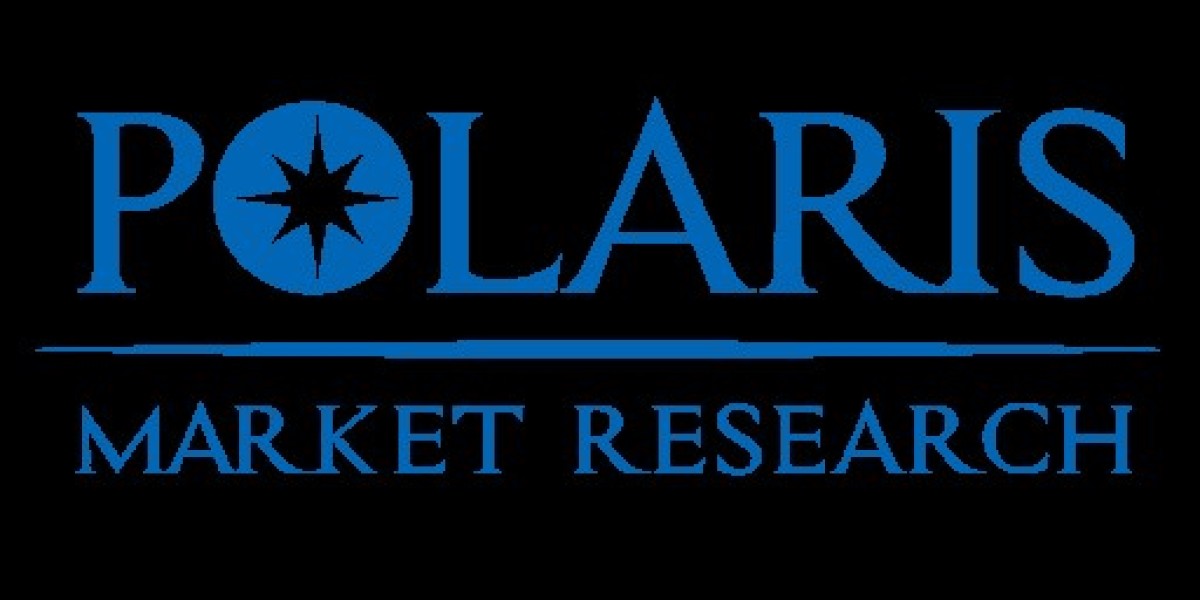The South Korea dietary supplements market, valued at USD 4.15 billion in 2024, is projected to grow at a compound annual growth rate of 10.7% from 2025 to 2034, driven by rising health consciousness, an aging population, and government-backed wellness initiatives. This expansion places South Korea among the fastest-growing supplement markets in the Asia Pacific region, outpacing more mature markets in North America and Europe in terms of growth velocity, though still trailing in absolute size. The market’s trajectory is shaped by a confluence of cultural preferences for preventive healthcare, technological integration in product delivery, and evolving regulatory oversight under the Ministry of Food and Drug Safety (MFDS). However, the domestic market cannot be analyzed in isolation; it is deeply influenced by regional dynamics across North America, Europe, and broader Asia Pacific, where divergent regulatory frameworks, consumer behaviors, and supply chain configurations shape global competitiveness. North America, led by the United States, remains the largest global market—valued at over USD 160 billion in 2024—supported by a well-established direct-to-consumer (DTC) model, high per-capita spending, and relatively permissive regulatory environment under the Dietary Supplement Health and Education Act (DSHEA). U.S. firms such as Amway, Nature Made (by Pharmavite), and GNC dominate global R&D in nutraceutical innovation, setting formulation and delivery benchmarks that South Korean manufacturers must match to compete internationally.
Europe presents a more regulated and science-driven landscape, where the European Food Safety Authority (EFSA) enforces strict substantiation requirements for health claims, limiting marketing flexibility but enhancing consumer trust. Countries like Germany, France, and the UK prioritize evidence-based supplements, particularly in vitamins D and B12, omega-3s, and probiotics, creating a high-barrier, high-value market. South Korean exporters targeting Europe must navigate complex Novel Foods regulations and demonstrate clinical efficacy, often requiring costly trials. In contrast, the broader Asia Pacific region—particularly China, Japan, and Southeast Asia—is experiencing rapid market expansion due to rising disposable incomes, urbanization, and growing middle-class demand for premium health products. China’s “Healthy China 2030” strategy has catalyzed investment in functional foods and supplements, while Japan’s FOSHU (Foods for Specified Health Use) system provides a regulatory model that South Korea has partially emulated through its Health Functional Food Act (HFFA). This regional alignment facilitates cross-border supply chains and market penetration strategies, particularly for Korean ginseng, collagen, and liver-health formulations that resonate culturally across East Asia.
Read More @ https://www.polarismarketresearch.com/industry-analysis/south-korea-dietary-supplements-market
Opportunities are emerging in personalized nutrition, where DNA testing and AI-driven recommendations are enabling customized supplement regimens. Subscription-based models and smart packaging with QR-code traceability are enhancing consumer engagement. Trends indicate a shift toward functional beverages and gummies, particularly among younger consumers who favor convenience and sensory appeal.
The competitive landscape is dominated by domestic health conglomerates and global players with strong local distribution.
- Amorepacific Corporation
- Kolmar Korea
- LG Household & Health Care
- Samsung Biologics (via nutraceutical arm)
- Hanlim Pharmaceutical
- Daewoong Pharmaceutical
- CJ CheilJedang
- Pharmaton (by GSK, distributed locally)
These firms are leveraging regional manufacturing trends and cross-border supply chains to enhance scalability and brand equity. As market penetration strategies evolve toward digital engagement and scientific validation, the ability to deliver safe, efficacious, and culturally resonant products will define long-term leadership.
More Trending Latest Reports By Polaris Market Research:
Neurostimulation Devices Market
Asia Pacific Blockchain Technology Market
Organoids And Spheroids Market
Plastic Waste Management Market








